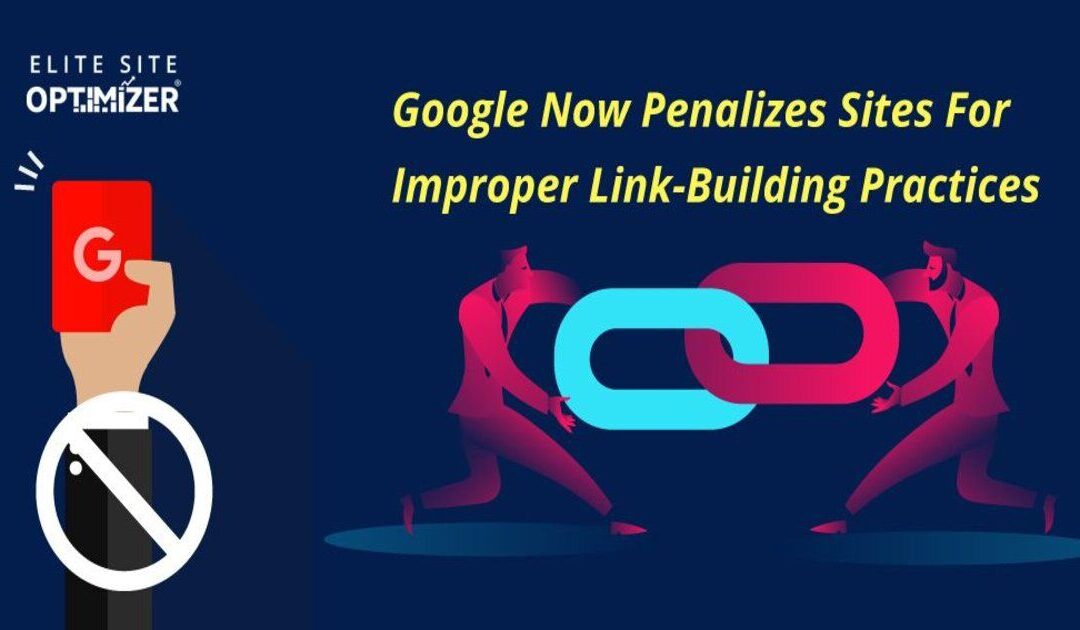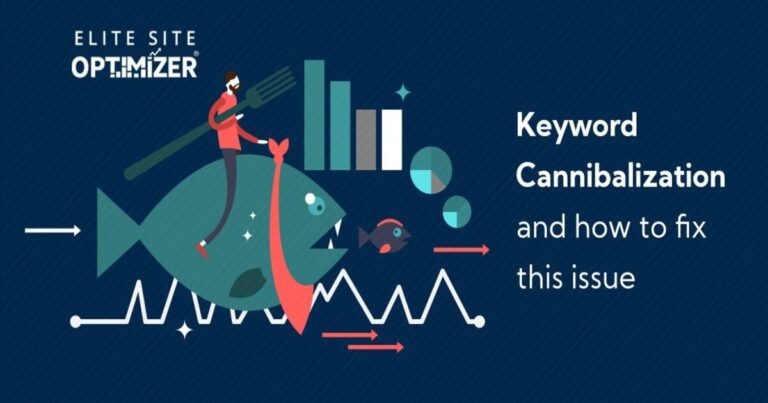Having links to your web pages distributed across the web is a valuable way to drive traffic from referrals and signal to search engines that your domain is trusted and reliable. Backlinks are so important to websites that many sites go to great lengths to place links to their pages on other domains, but Google and other search engines have advanced to the point that some link-building practices have become ineffective, while others cause the search engine to penalize domains that try to benefit from ‘bad’ links.
Whether they arise from ineffective link-building efforts or exist without your knowledge, It’s critical to address these issues and avoid devastating penalties that can damage your site’s ability to attract visitors in the long term.
What Practices Lead to Google Penalties?
Google’s PageRank algorithm judges the reliability of domains based on the number of links that refer to them on other domains, creating an incentive to flood the Internet with unnatural, low-quality links. However, the quantity-over-quality approach has lost its effectiveness and now signals to Google that your domain uses unethical practices, causing a negative impact instead.
Paying for links or abusing link exchanges to place links on other domains can violate Google’s policies. Trying to associate large amounts of links with SEO keywords by stuffing anchor text with keywords is a tactic that is also considered a sign of attempted link manipulation.
Links that are ‘unnatural’ due to not being intentionally placed by the owner of external sites for functional reasons are also seen as attempting to game the algorithm. Using or paying for automated services to create backlinks is considered ‘linkspam’ by Google and is highly frowned upon. Inserting links purely to promote your site rather than to refer users to the content they expect to find is a toxic linking practice.
In some cases, Google’s algorithm will recognize that the various spam links and unnatural links are not valuable indicators of your site’s quality, but in extreme cases, the algorithm will downrank your pages, leading to a clear drop in traffic.
What Does a Google Penalty Do?
If a site is penalized by Google, it will likely be for excessive use of improper linking practices. Using multiple low-quality backlink tactics will signal to Google that your efforts are intentional.
You can observe the effect of a penalty through a drop in page ranking. Tracking keyword rank on Google searches will display sudden drops in ranking, which could also be reflected in a sharp drop in organic search traffic.
Read more: Building backlinks based on Competitors analysis and Customer Case studies
How do you know if your site is penalized and why?
In many cases, Google will inform users of the Google Webmaster tool that penalties are being assessed to their site. Webmasters who are not notified should inspect their Google Webmaster and Search Console to find out if there are penalties in effect for their domain. Google advises correcting the issues and filing reconsideration requests, but their information on the source of the issues is often unclear and the reconsideration process is not guaranteed to get a timely response.
This leaves websites with the task of finding and addressing negative backlinks on their own. Using a backlink checker such as SEMRush’s Backlink Audit, it’s possible to download a list of all backlinks to your domain and identify sources of toxic backlinks such as obvious spam directories, malware sites, and other negative associations. Webmasters can reach out to owners of other domains and ask them to remove their backlinks. As a last resort, they can go to Google’s Disavow Links tool to submit a list of links on other domains that they want to disavow, but this should be used only for unavoidable cases.
Going forward, sites should be cautious about placing links on other domains. Advertising and paid posts should qualify their links with no to follow or sponsored attributes to indicate that the link is paid for. Ultimately, Google is determined to base its algorithm off natural links between domains; an organic strategy that causes other domains to value your content and link to it is a better solution to link-building.






